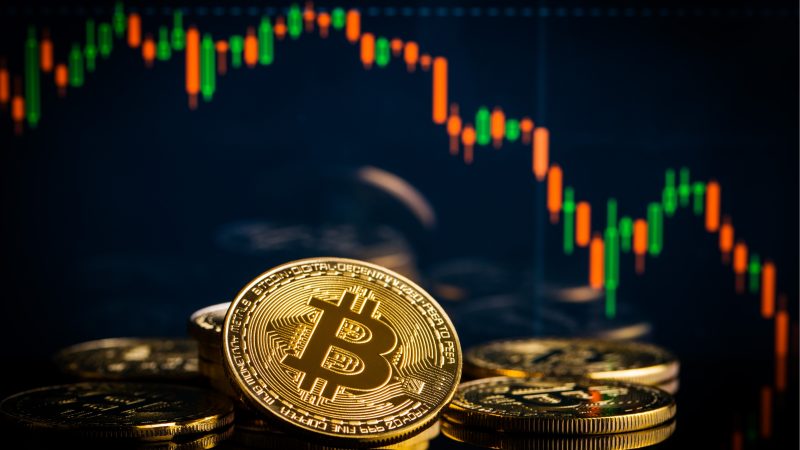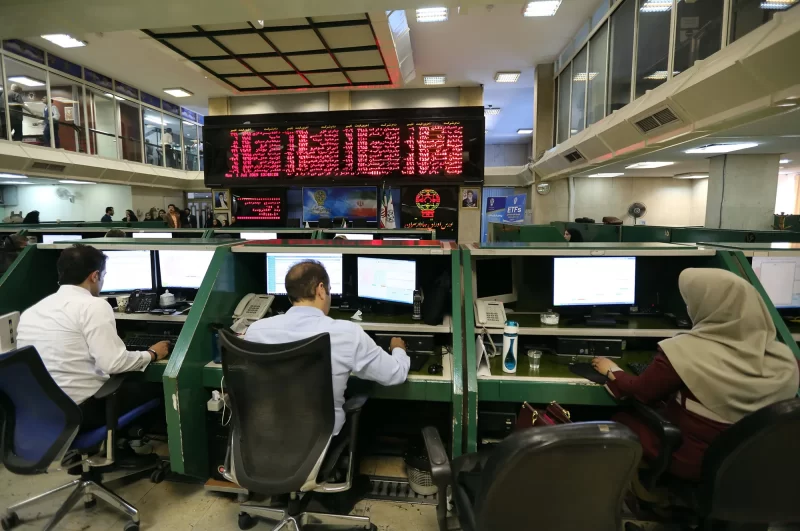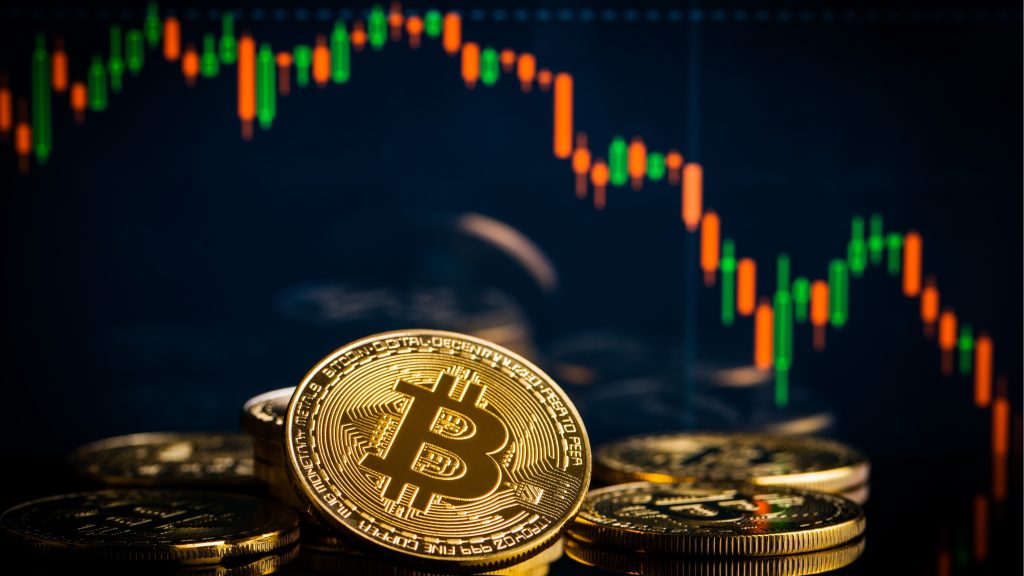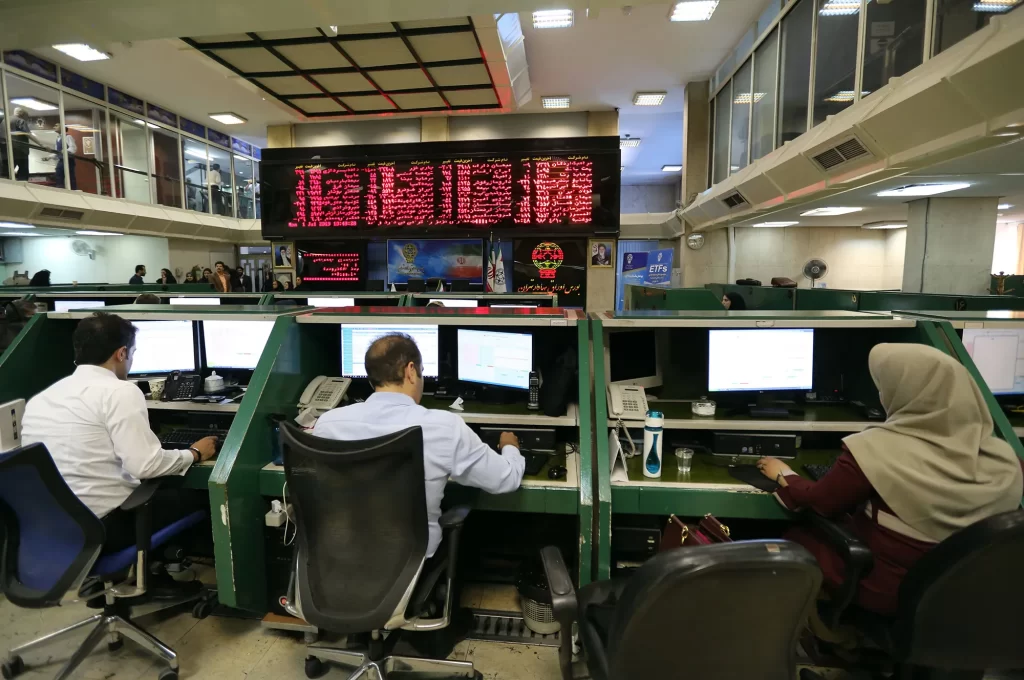Forex Day trading refers to the buying and selling of currencies within the global decentralized or over-the-counter market, better known as the Forex market, to close out all positions before the end of the trading day. This type of trading aims to exploit short-term market volatility, thereby making quick profits.
The article aims to provide a comprehensive overview of Forex Day trading, starting with a broad understanding of Forex trading, followed by a definition and explanation of day trading, delving into the process of Forex Day trading, examining its risks and rewards, and finally sharing valuable tips for success in this field.
Understanding Forex Trading

Purchasing one currency while concurrently selling another is known as Forex trading. It operates under the fundamental tenet that market sentiment, geopolitical events, and economic variables constantly cause currency values to vary.
Given that the world's largest financial market, Forex trading has a huge impact on the entire economy. As of 2021, its daily turnover was over $6 trillion. The US Dollar and the Euro (EUR/USD), the US Dollar and the Japanese Yen (USD/JPY), and the British Pound and the US Dollar (GBP/USD) are among the frequently traded currency pairs.
By facilitating currency conversion, Forex markets significantly contribute to fostering global trade and investment. It enables companies to convert their overseas sales proceeds into their local currency. Additionally, it offers a platform for investors and speculators to profit from changes in currency prices.
The majority of participants in the decentralized Forex market are banks, brokers, and individual traders. It functions according to the laws of supply and demand. A currency's value will grow if there is a rise in demand for it or a fall in supply. On the other hand, its value will decrease if the supply or demand changes.
Also Read: Building a Solid Foundation: Key Principles for Effective Forex Options Trading
What is Day Trading?
In Day trading, traders purchase and sell financial products throughout a single trading day. It is distinguished by its rapid pace, with traders acting quickly to take advantage of minute price changes.
Timing is also essential. Any amount of delay might lead to lost chances or possible losses. Day trading is a double-edged sword because, although it can generate big rewards, it also entails sizable dangers.
Day trading demands more time and focus than other trading strategies like swing trading and position trading. Position trading can last for months or even years, while swing trading involves maintaining positions for a few days to a few weeks.
The Process of Forex Day Trading
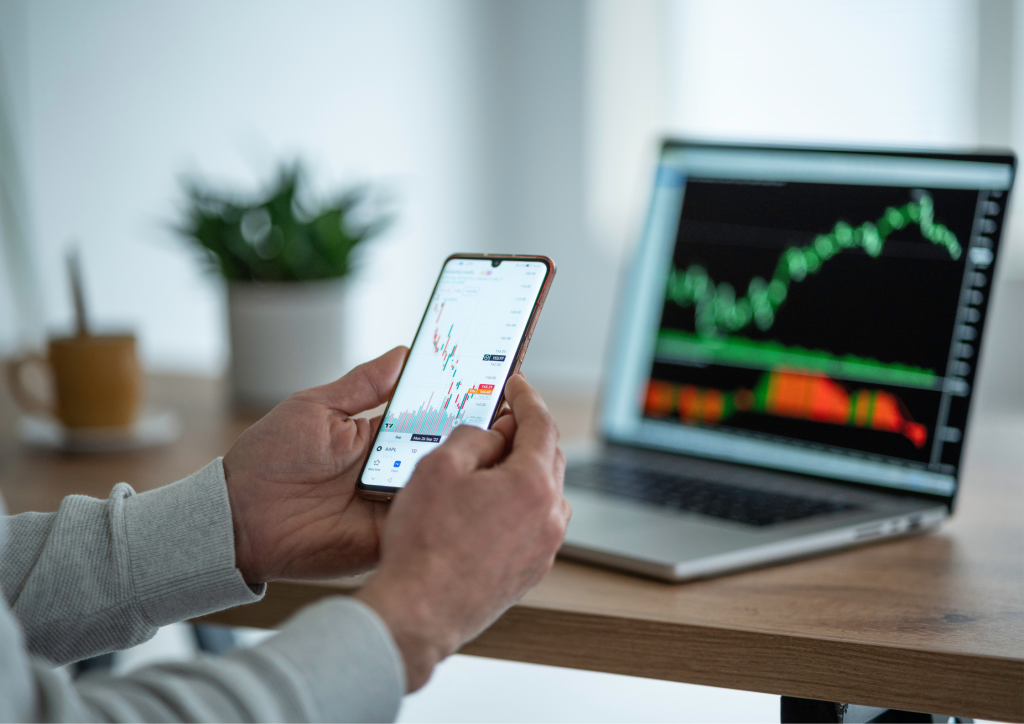
Day trading forex is a very complicated activity that needs careful planning, methodical execution, and ongoing supervision.
Have Enough Funds
You must have enough money to start Day trading in forex. Depending on the broker's criteria, the currency pairs you intend to trade, and the level of leverage you intend to utilize, the amount needed may change.
Select a Broker You Trust
A key first step is selecting a trustworthy broker. Your trading is facilitated by brokers, and the broker you choose can have a big impact on how you trade. The reputation of the broker, fee schedule, trading platform, customer support, and convenience of deposit and withdrawal are important factors to take into account.
Choose Your Platform Wisely
Your entry point into the forex market is a trading platform. It should be simple to use, have cutting-edge charting capabilities, and give users access to tools for managing and executing trades.
Have a Trading Plan
One of the most crucial aspects of Forex Day trading is creating a trading plan. Your strategy should include details on your financial objectives, level of risk tolerance, and precise tactics you'll employ. Additionally, it should outline your trading timetable, the currency pairs you'll trade, and the timing of trade entry and exit.
Learn About Opening and Closing Positions
Opening and closing positions throughout a single trading day are part of Day trading. Normally, the procedure starts with a market analysis and the identification of probable trading opportunities depending on your trading approach. This may be based on fundamental analysis, technical analysis, or a combination of both.
Monitor the Market
The next step after opening a position is to carefully watch the market. This entails keeping tabs on changes in price, breaking news, and other elements that can affect the currency pair you're trading.
Avoid Holding Positions Overnight
All open positions must be closed before the trading day is over. Day traders who hold positions overnight run the danger of being exposed to unforeseen market risks, such as price gaps brought on by economic news or events that take place after the market has closed.
Learn About the Different Trading Strategies
Forex Day traders typically use strategies like scalping, range trading, and news-based trading. Scalping involves making numerous trades within the day and profiting from small price changes. Range trading, on the other hand, involves identifying and trading within the high and low-price ranges of a currency pair. News-based trading capitalizes on price volatility resulting from major news events.
Risks and Rewards in Forex Day Trading
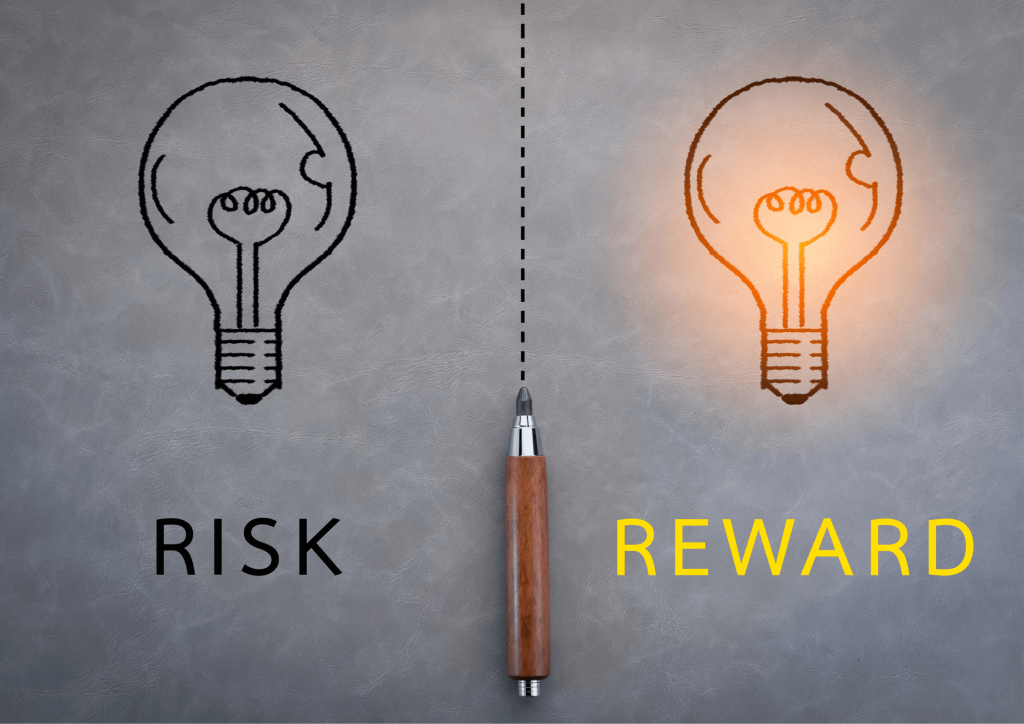
Day trading in the Forex market offers significant potential for profit due to its high liquidity and substantial daily trading volume. This volatility allows for more trading opportunities as currency prices fluctuate throughout the day.
However, this high reward potential comes with significant risks. One of these risks is market volatility. Rapid price changes can lead to profit, but they can also result in substantial losses if the market moves against your position.
Overtrading is another common risk in Day trading. The desire to make more profits or to quickly recover from losses can lead to excessive trading, which may not only increase transaction costs but also the probability of making trading mistakes.
Leverage, while being a powerful tool that allows traders to control large positions with a small amount of money, can be a double-edged sword. While it can magnify profits, it can also amplify losses, potentially leading to the loss of the entire trading capital.
Risk management is thus an integral part of Forex Day trading. Traders often set stop-loss orders that automatically close a trade if the market moves against them by a specified amount. Furthermore, it's a common practice to risk only a small percentage of the trading capital on each trade, often not more than 1-2%.
Important Tips for Successful Forex Day Trading

Successful Forex Day trading requires more than just a basic understanding of the market. It demands continuous education to stay abreast of changing market conditions, evolving trading strategies, and new financial regulations.
Discipline
Discipline is a key characteristic of successful Forex Day traders. They stick to their trading plan, respect their pre-determined risk levels, and avoid impulsive decisions based on emotions such as fear or greed.
Emotional Control
Emotional control is crucial to maintaining discipline. Trading can trigger strong emotional reactions, and these can cloud judgment and lead to poor trading decisions. Successful traders are those who can manage their emotions and maintain a calm demeanor, regardless of market conditions.
Maximize the Use of Demo Accounts
Practical experience is invaluable in Forex Day trading. Demo trading accounts offer a risk-free environment where aspiring day traders can gain experience without risking real money. They can develop and test trading strategies, learn to use trading platforms, and get a feel for the market dynamics.
Have a Well-Tested Trading Plan
Finally, a well-tested trading plan and strategy provide a roadmap for trading activities. A trading plan outlines what to trade, when to trade, and how much to risk, while a trading strategy provides specific rules for entering and exiting trades. Both should be regularly reviewed and adjusted as necessary to keep them aligned with changing market conditions and the trader's financial goals.
Conclusion
Forex Day trading involves buying and selling currencies within a single trading day to profit from small price movements. While it offers the potential for significant profits due to the high volatility and liquidity of the Forex market, it also comes with substantial risks. Success in Forex Day trading requires understanding the Forex market, adopting an effective trading plan and strategy, managing risk, and continuous learning.
The potential of Forex Day trading is vast for committed, informed, and disciplined traders. It is not just a financial activity but a skill that can be honed with experience, education, and emotional control. As with any investment, there are risks, but with careful planning and discipline, the world of Forex Day trading offers an exciting and potentially profitable venture.
FAQs
How much capital do I need to start Forex Day trading?
Starting a Forex Day trading business requires a different quantity of funds. It may depend on several variables, including the broker's rules, the currency pairs you want to trade, and the level of leverage you intend to employ. Although rookie traders can start with a tiny sum, such as $100, they must keep in mind that smaller capital will also limit the income potential. However, this mainly depends on the person's financial situation and risk tolerance. Generally, starting between $1000 and $5000 could provide more flexibility and revenue possibilities.
Is Forex Day trading risky?
Yes, there is a huge risk involved with day trading forex. The Forex market is very volatile, which can lead to both numerous trading possibilities and the possibility of huge losses. Leverage is also frequently used in day trading, which can increase gains and losses. As a result, it's crucial to implement a strong risk management strategy and only invest money that you can afford to lose.
How can I improve my Forex Day trading skills?
The continuous study, real-world experience, and methodical practice are necessary to improve your Day trading skills in Forex. Follow financial news, discover new trading methods, and comprehend market movements. Before spending real money, test out your trading methods using a demo account. Always follow your trading strategy and abstain from acting on impulse. You'll probably get more skilled at Forex Day trading over time as you obtain more knowledge and expertise.



